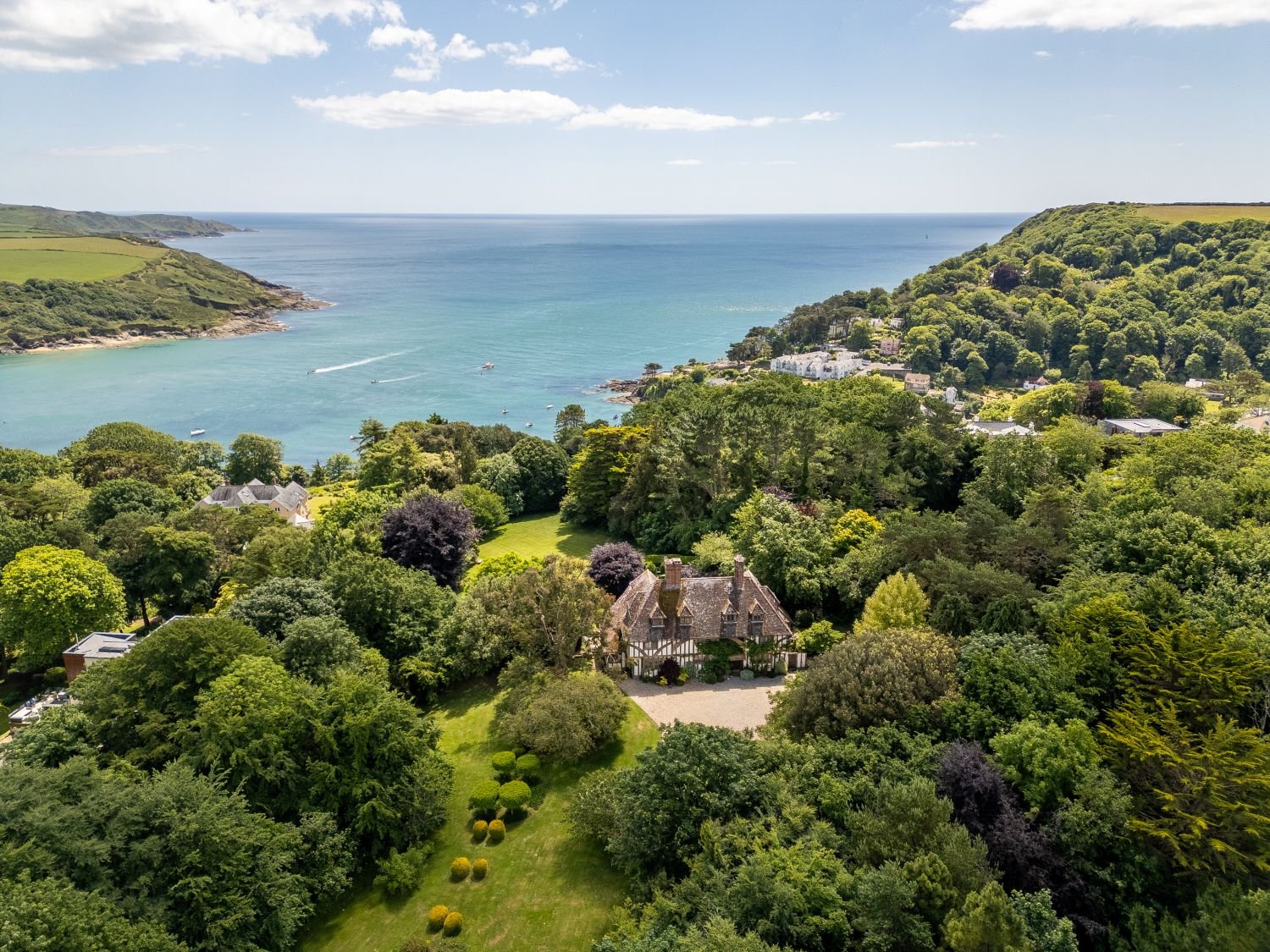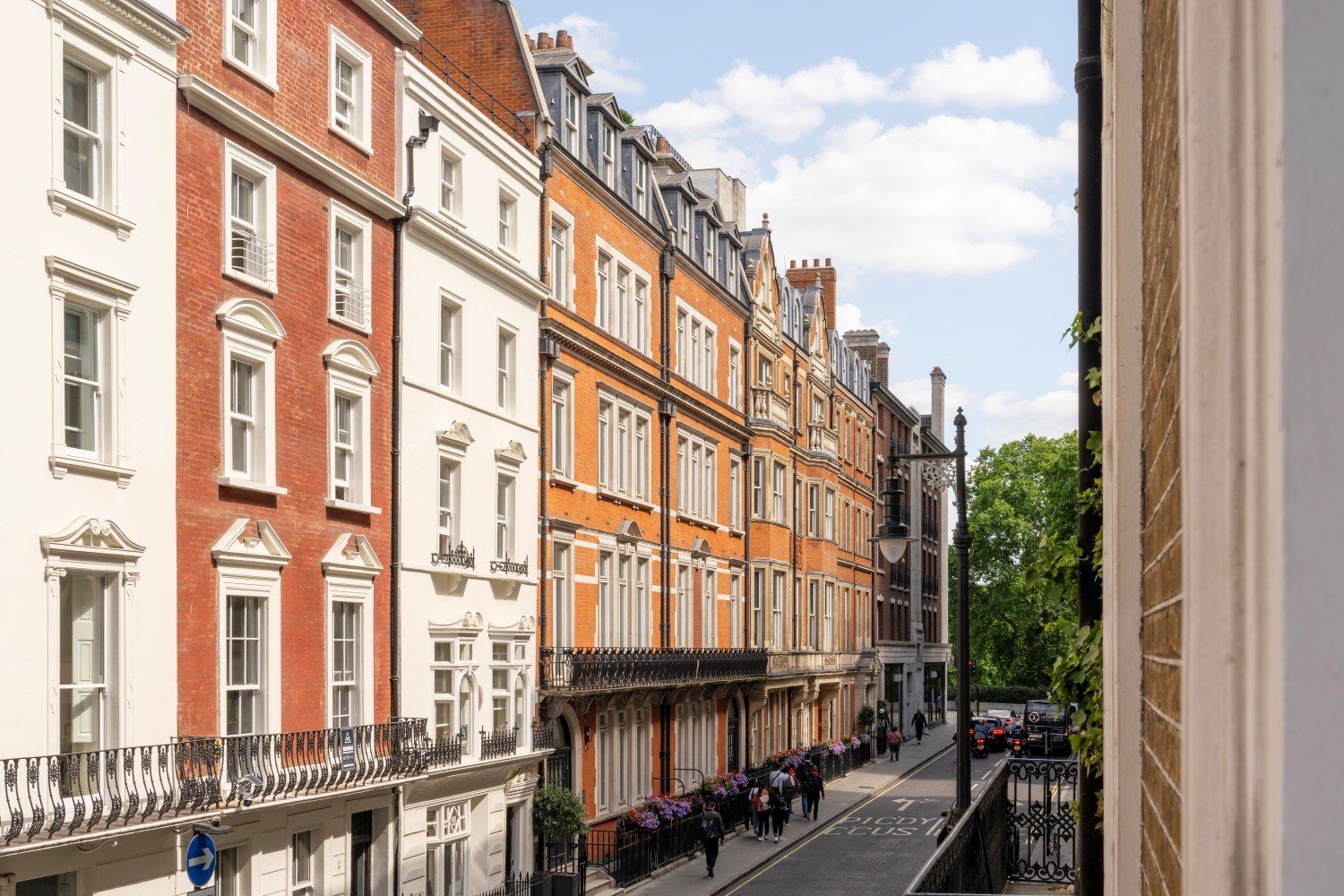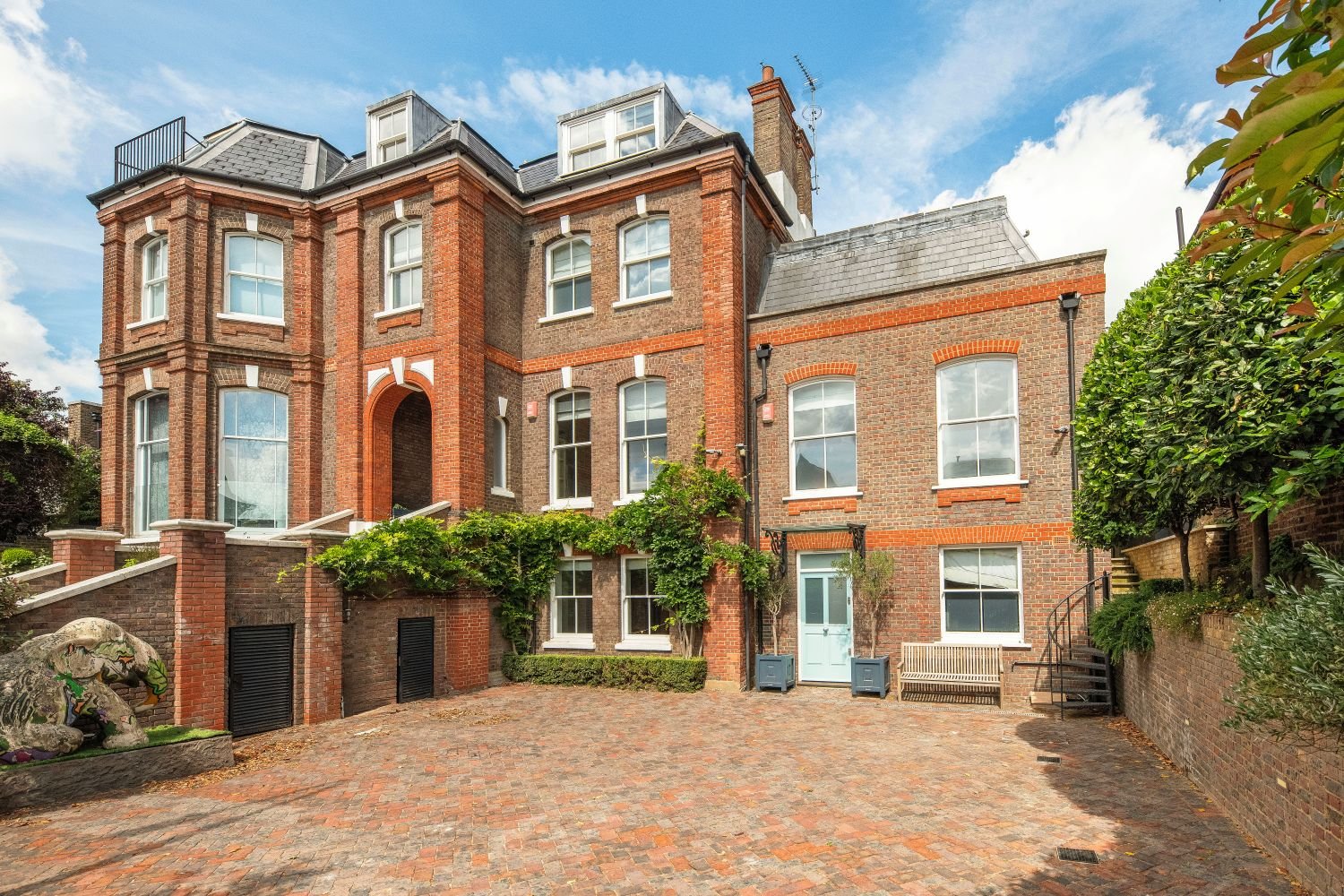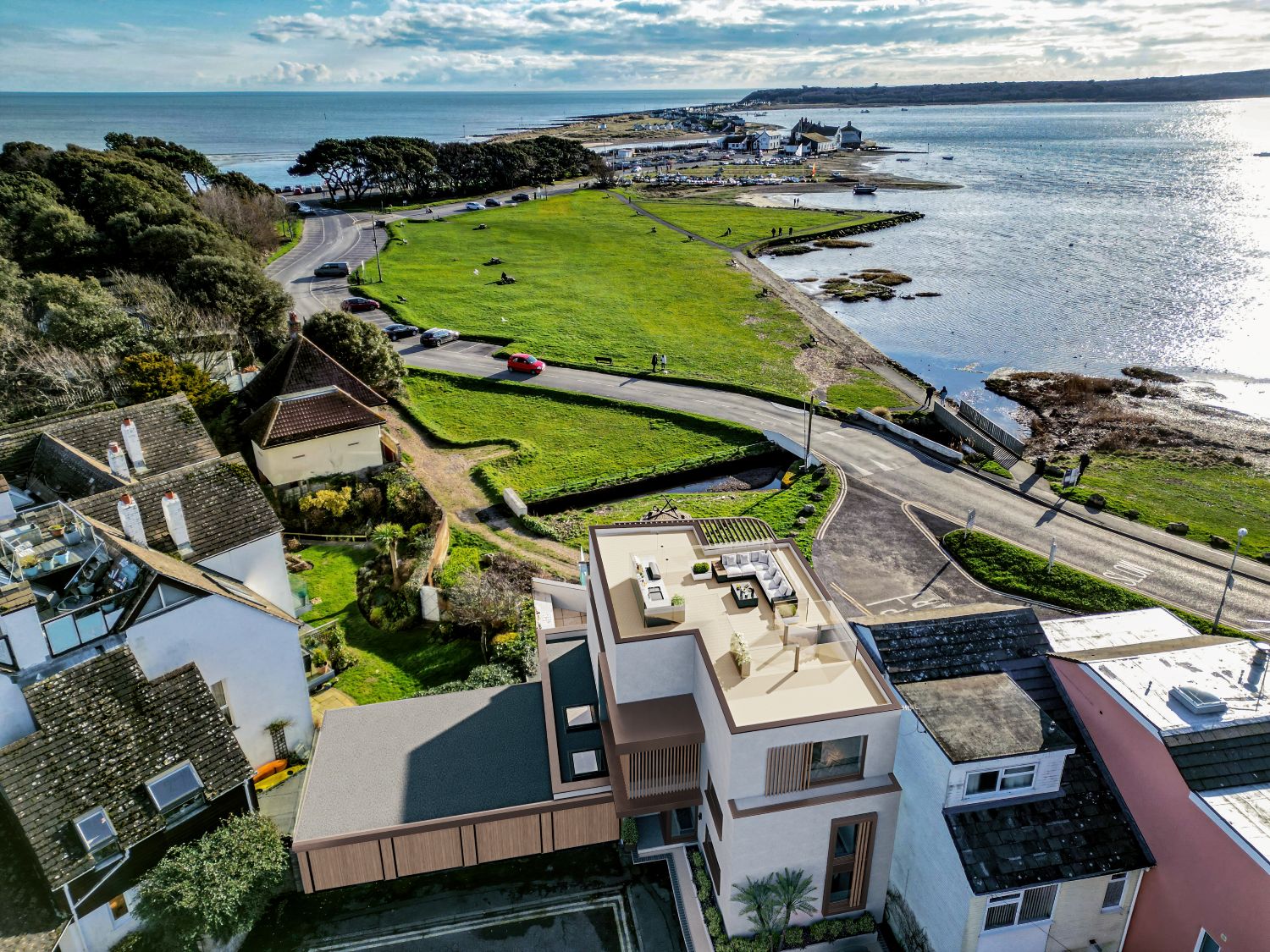From coast to countryside: How the South West became the UK’s culinary heartland
We explore how the South West’s culinary transformation is drawing both food lovers and home buyers alike
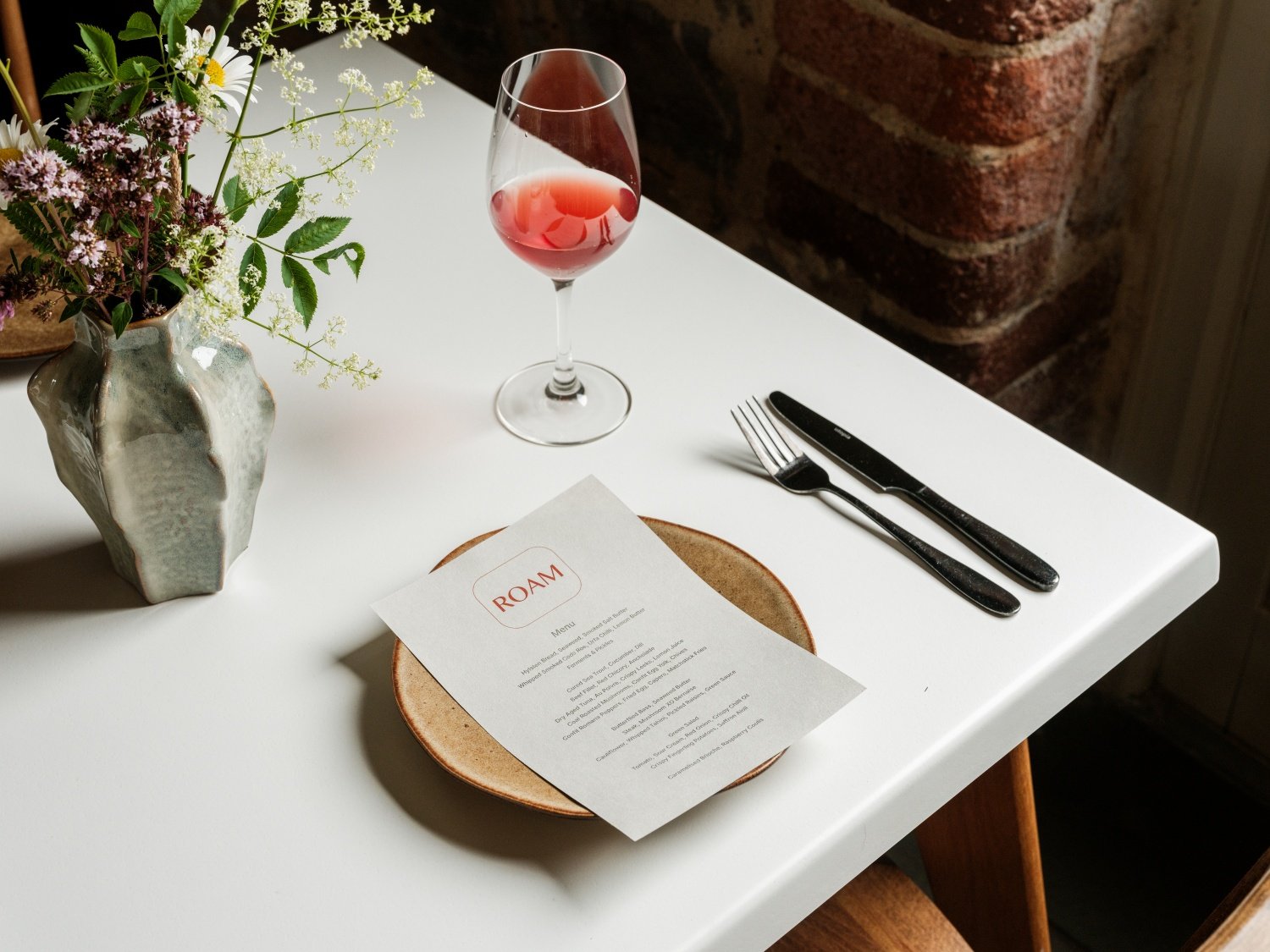
When River Cottage first aired in 1999, it followed Hugh Fearnley-Whittingstall’s journey from the city to rural Dorset in search of a more self-sufficient life. His field-to-fork philosophy struck a chord with a growing audience, helping to bring sustainable farming - and the South West - firmly into the national spotlight.
Today, his restaurant, cafe and cookery school near Axminster continues that mission, serving organic, seasonal dishes made with ingredients harvested or reared on or around its Devon farm. It’s one of several pioneering restaurants in the region, alongside the likes of Rick Stein in Padstow and Nathan Outlaw in Port Isaac, that have transformed the South West into one of the UK’s most exciting culinary destinations.
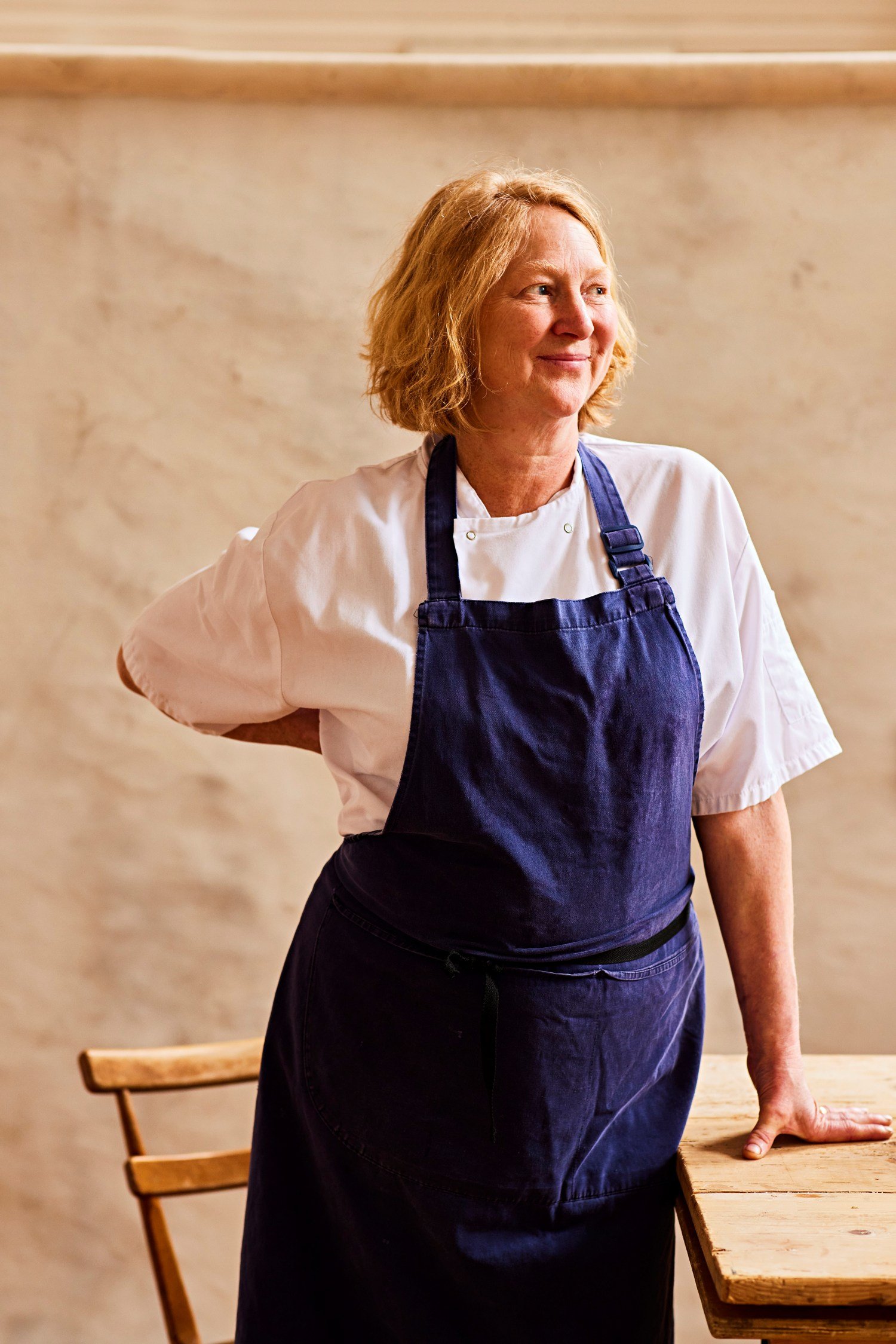
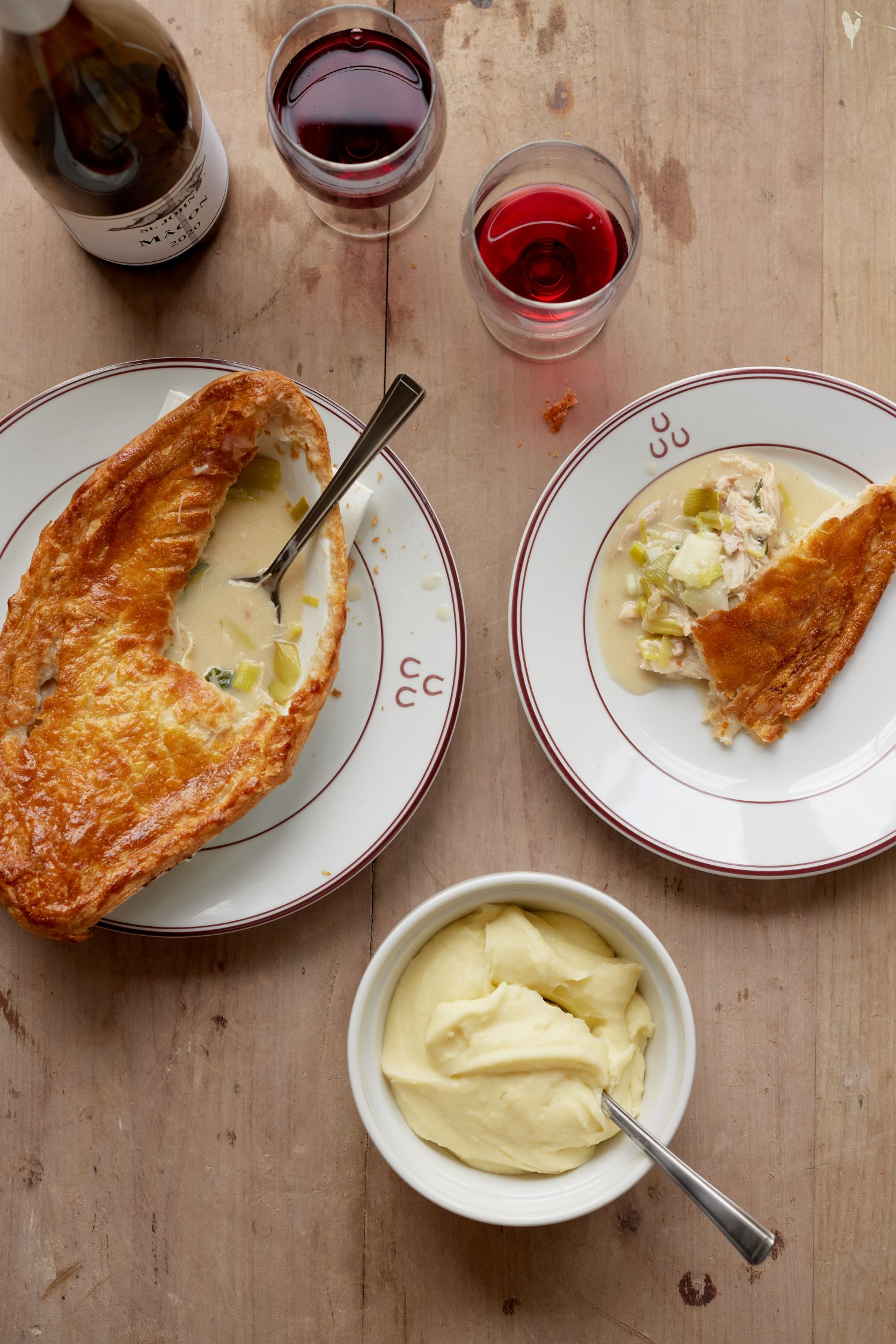
A diverse dining landscape
That evolution continues, with both fine dining and more laid-back establishments showcasing the region’s exceptional produce and natural beauty. “In the South West we are so lucky,” says Sarah Brown, Partner at Knight Frank, who specialises in the region. “We have the coast, incredible countryside inland, and everything from beach shacks serving the catch of the day to Michelin-starred restaurants, all focused on quality and local sourcing.”
For many buyers looking to set down roots in the area, the diversity of the food scene is a key part of the draw. “If you're moving from a city like London, it’s reassuring to know that you can still get great coffee, find a brilliant local pub, or book somewhere special for a celebratory meal,” she adds. “You can still find fabulous food of all varieties on your doorstep.”
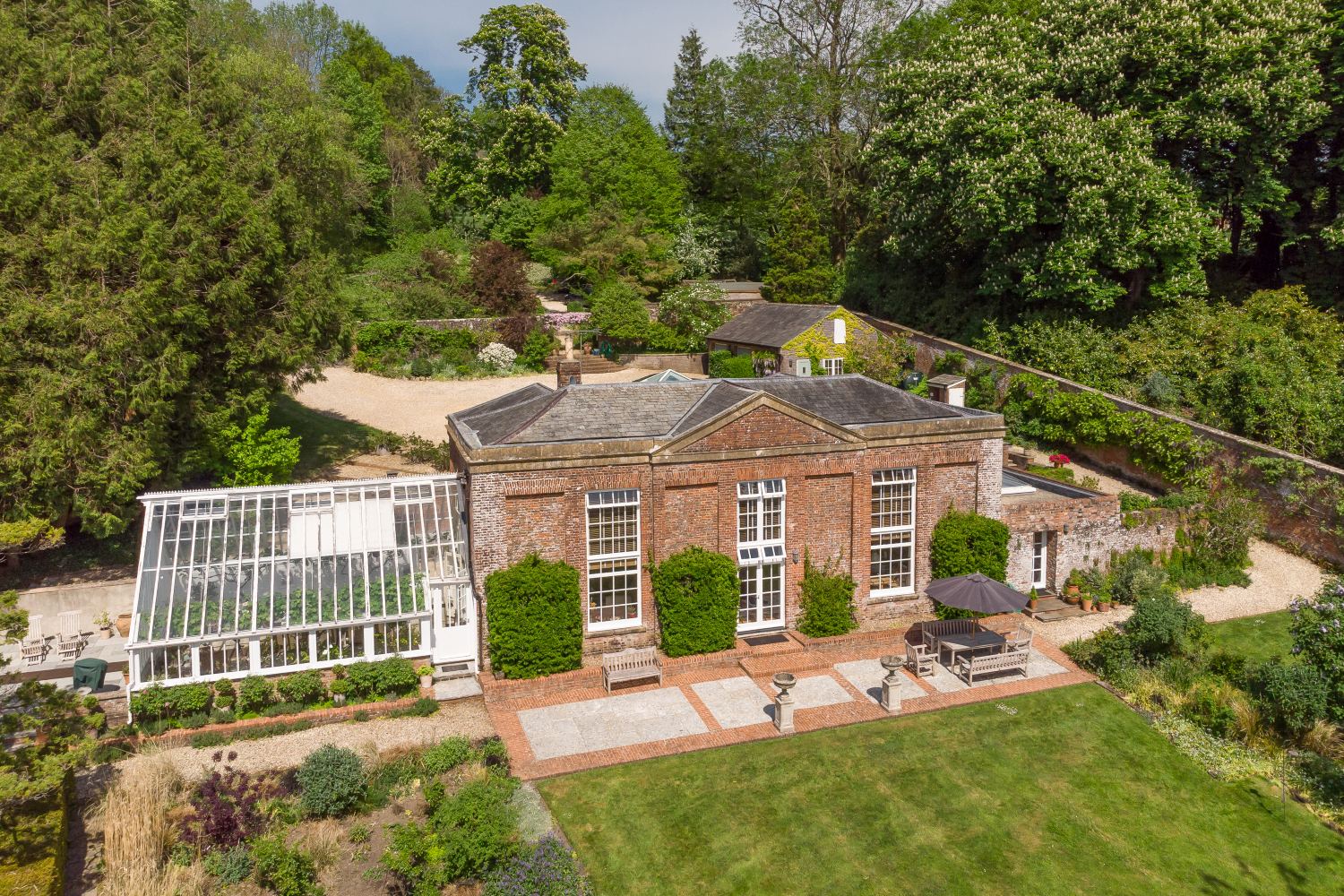
5 bedroom house for sale in Redlynch Park, Bruton, Somerset, BA10. Guide price £2,500,000
Gastronomic hotspots
It can also reshape where potential movers are starting their search. One of the region’s rising stars is Bruton, a picturesque market town in South Somerset that’s quietly become a gastronomic hub. At its heart is Osip, a Michelin-starred restaurant with rooms offering a daily-changing tasting menu based on what’s in season - recently crowned Restaurant of the Year by The Good Food Guide.
Down the road in the quaint village of Batcombe, acclaimed chef Margot Henderson, of Rochelle Canteen fame, has opened her first venture outside the capital in a 17th-century pub between the village church and hall - The Three Horseshoes. And nearby, Horrell & Horrell has transformed an old cow barn into a sophisticated yet homely supper club experience, where dishes celebrate the latest harvest and a sense of community.
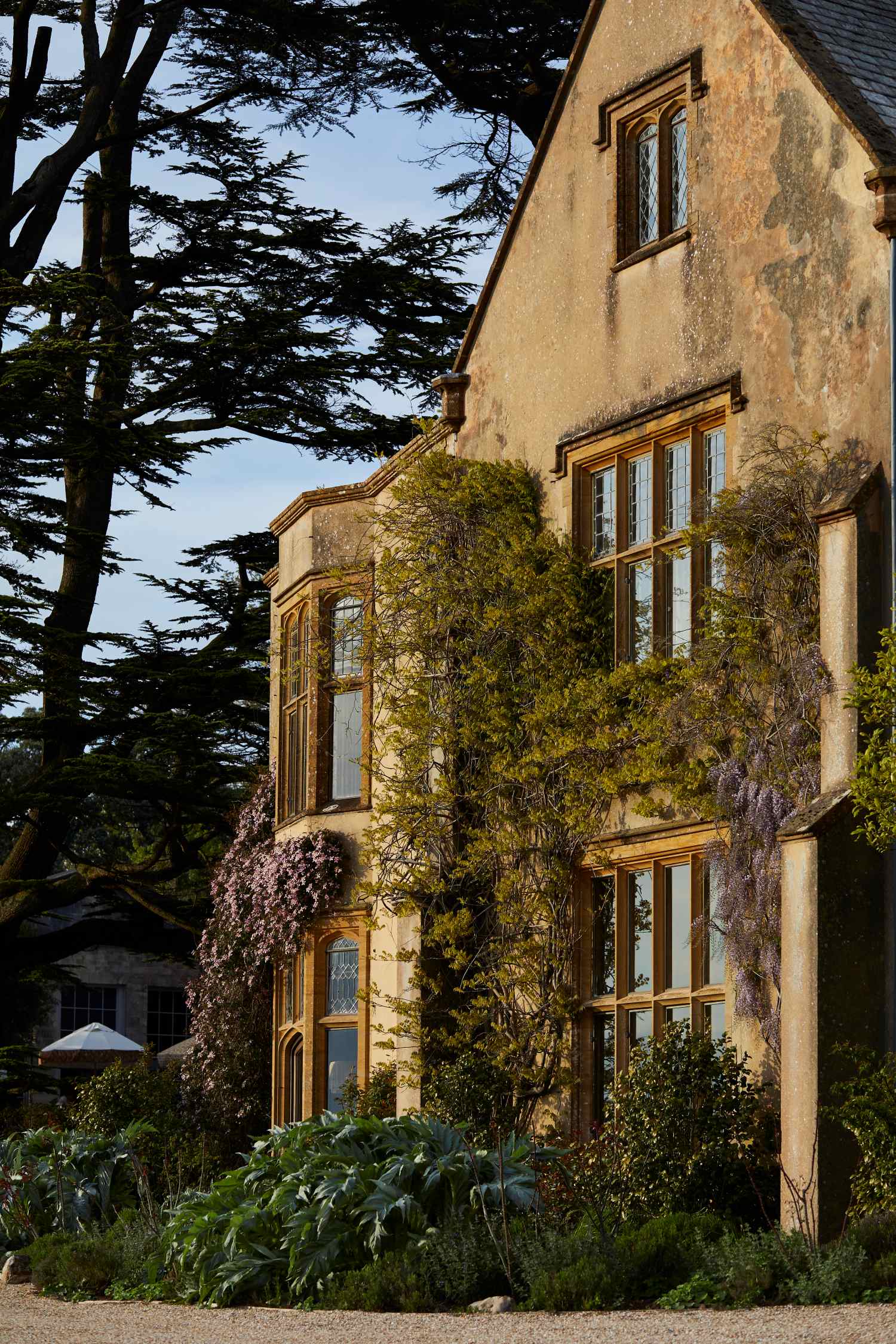
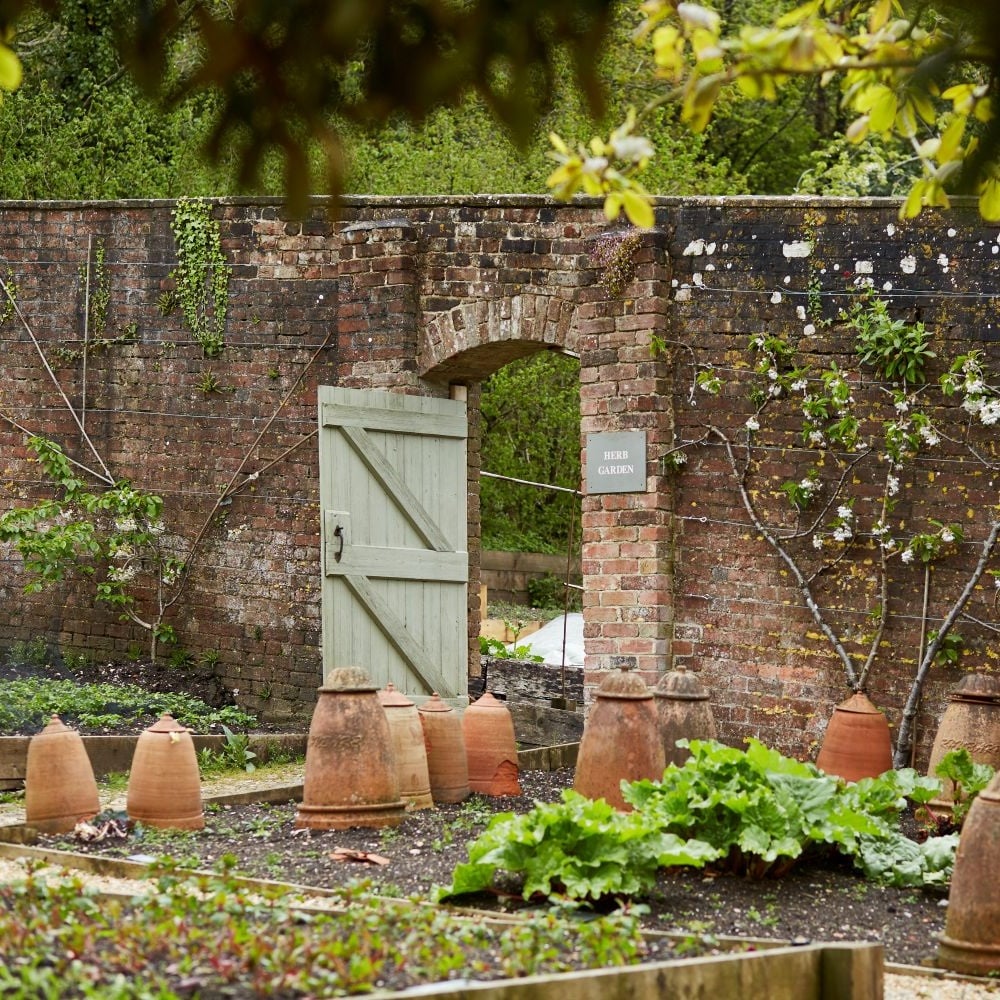
The restaurants redefining the region
Brown notes that restaurants across the region are thriving by striking a balance between culinary finesse and a relaxed, welcoming atmosphere. At Holm in South Petherton, the team behind London favourites Salon and Levan have created a refined, produce-led experience in a casual setting. In Tiverton, The Lost Kitchen offers views over Mid Devon’s rolling hills from its feasting barn and garden terrace, whether you’re stopping in for cake or a meal cooked over the wood fire. Meanwhile the menu at Coombeshead Farm in Launceston, Cornwall, reflects what they grow at the 66-acre farm which includes a guesthouse, as well as what they make in their wholesale bakery and ham production.
Larger names have also helped cement the region’s reputation. “Establishments such as The Pig - with outposts near Bath, at Combe in Devon, and near Padstow - alongside The Newt in Somerset, have not only elevated local dining but made these places destinations, paving the way for new restaurateurs and others in the hospitality industry,” says Brown.
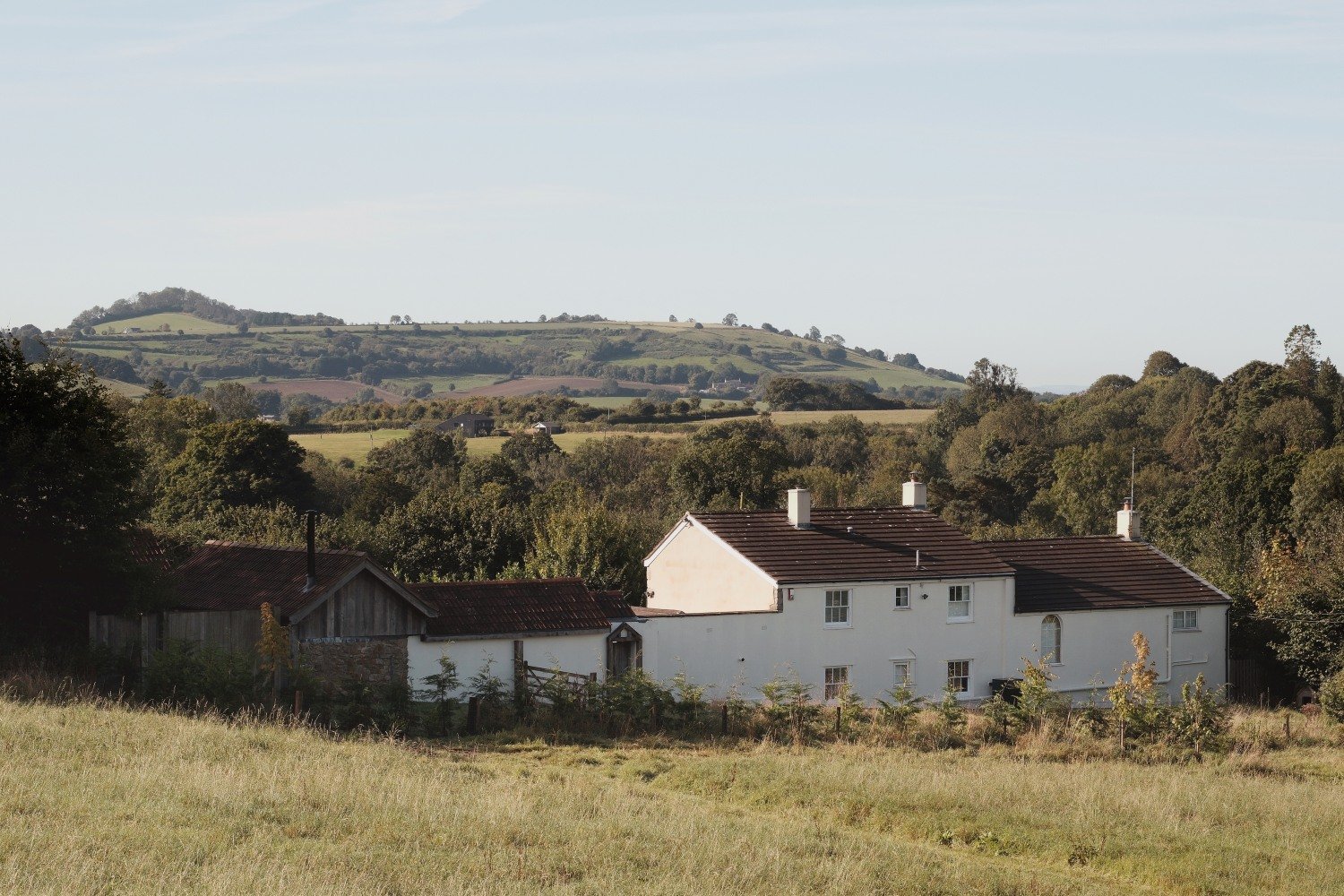
5 bedroom house for sale in Batcombe, Near Bruton, Somerset, BA4. Guide price £1,500,000
Connected with the landscape
Knight Frank’s Rural Consultancy works closely with estates and landowners across the South West, where environmental stewardship goes hand-in-hand with delivering meaningful visitor-focused enterprises. “We’re increasingly seeing food and hospitality play a key role in how these estates diversify and support sustainable land use, while also enhancing the overall experience for guests,” says Katharine Beswick, a Senior Surveyor within the team.
One such example is the 800-acre Dartington Estate near Totnes, an award-winning destination with a rich legacy of farming innovation. Among the diverse offerings on site is the White Hart pub and restaurant, where visitors can dine in the dramatic and historic feasting hall, one of the oldest buildings on the estate, built between 1388 and 1400 by John Holland, half-brother to King Richard II. The menu champions seasonal ingredients and holds a star from the Sustainable Restaurant Association.
Nearby, Sandridge Barton vineyard has been producing award-winning English wines on the banks of the River Dart for over 40 years. Reflecting a growing appetite for hyper-local, sustainably sourced cuisine, the newly launched on-site restaurant ROAM harnesses the best of ingredients grown, raised or foraged nearby. That might be meat from the estate, vegetables from the kitchen garden, or produce from nearby no-dig growers and regenerative farms, a holistic approach to agriculture that aims to enhance and restore natural ecosystems including soil health, biodiversity, and water quality.
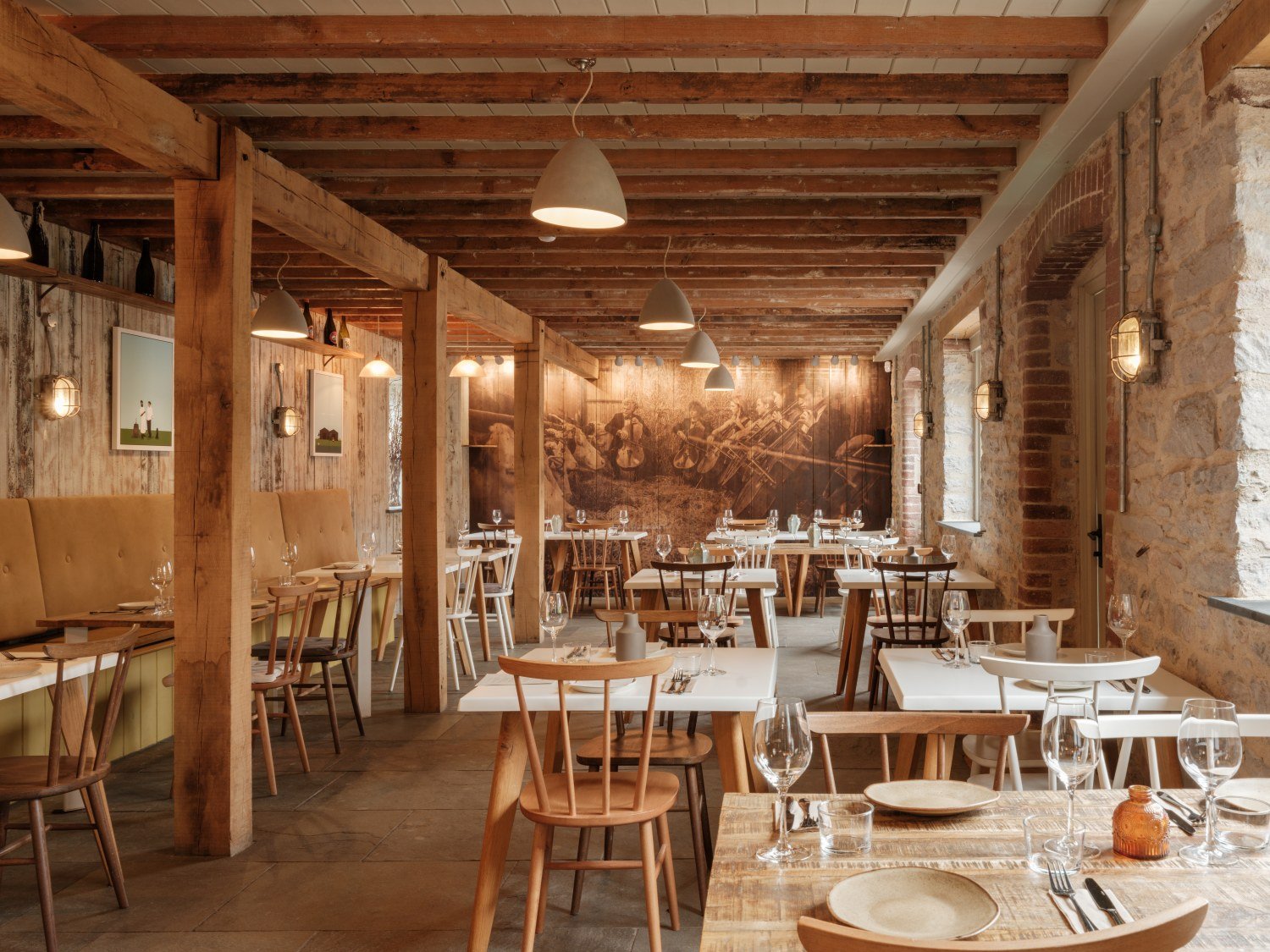
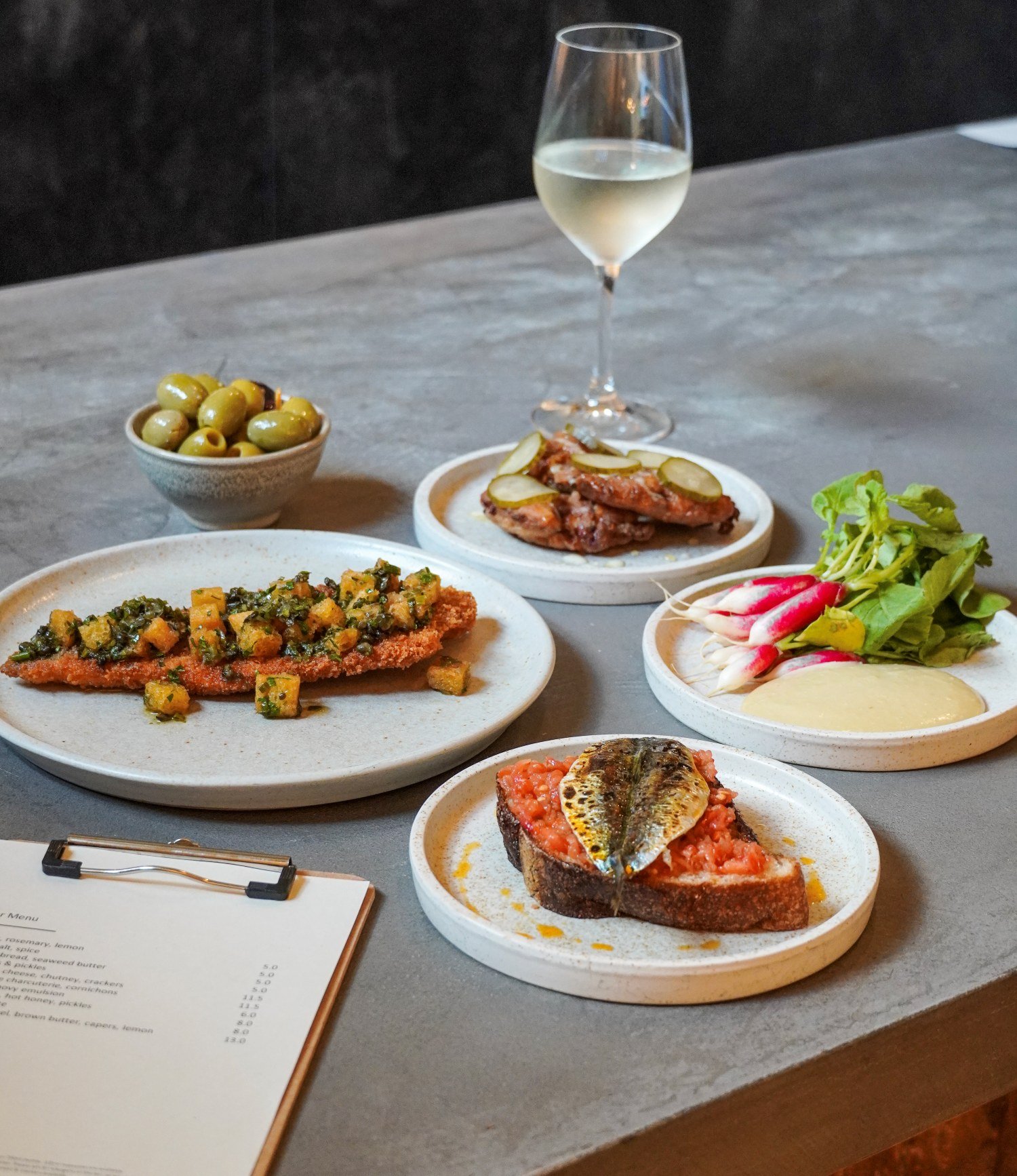
Led by local hospitality expert Ian Alexander, with Head Chef Sean Blood in the kitchen and Miles Tuddenham out front, the restaurant offers a bold, bistro-style menu rooted in European and Basque traditions. As Alexander describes, “We’re channelling the energy and creativity that’s reignited the UK dining scene in recent years, but bringing with us the perspective and lessons from decades spent in kitchens, dining rooms and around producers. Strip away the trends and tropes, and ROAM is simply a place that feels right. A place with purpose, with flavour, with warmth. And yes, with really good food.”




